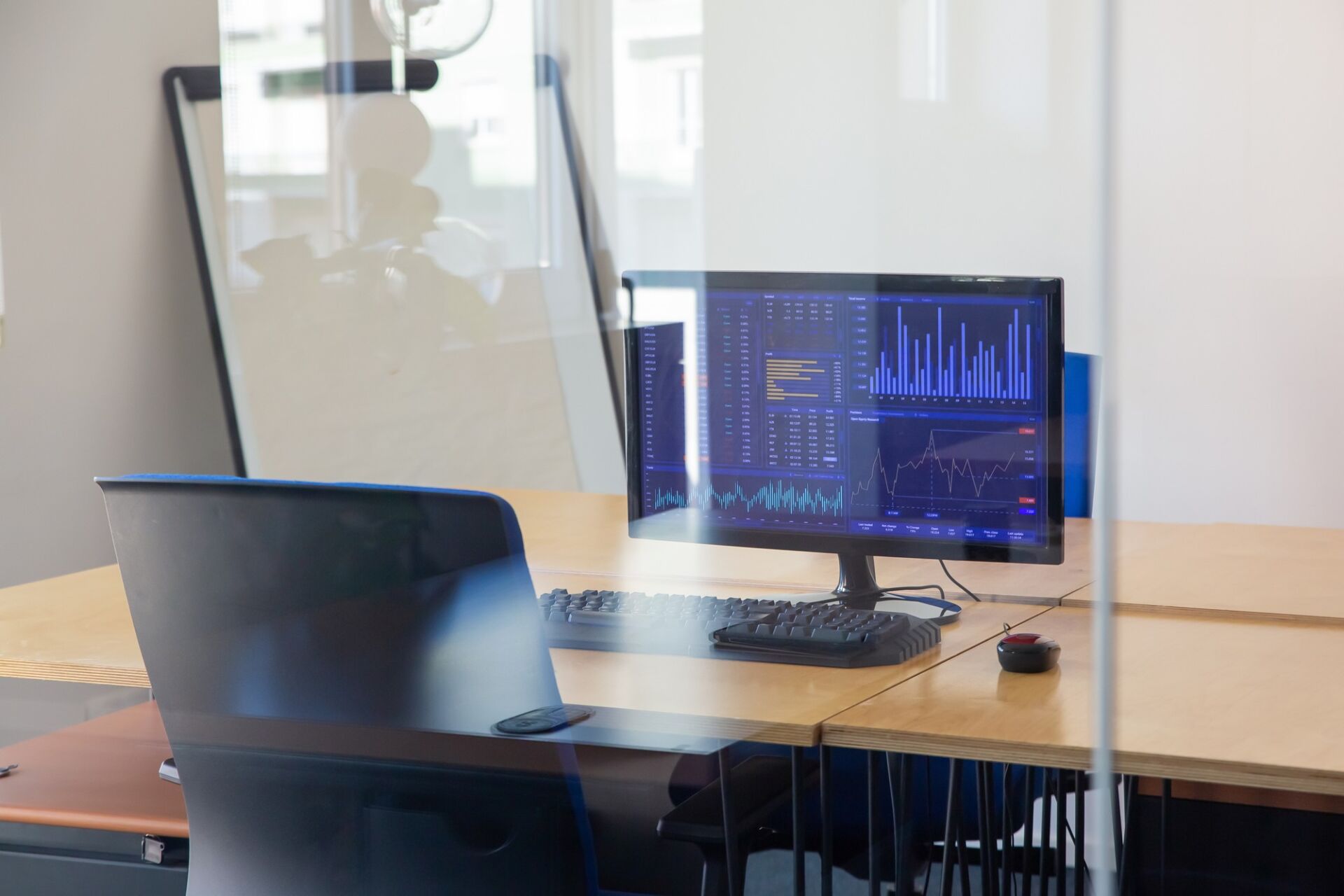Generative AI is a transformative force, redefining industries and workplaces globally, with Australia being no exception. By 2030, it has the potential to contribute between AU $45 billion and AU $115 billion to the Australian economy. This technology is not only driving productivity but also spurring innovation and economic growth, making it a critical component of Australia’s future business landscape.
In this blog, we delve into the economic potential of generative AI, its role in shaping Australian industries, the game-changing impact of Microsoft Copilot, challenges in adoption, and the broader implications for workforce transformation and ethical governance.
Economic potential: a $115 billion opportunity
Generative AI is expected to drive substantial economic benefits for Australia, contributing to GDP growth by automating tasks, enabling smarter decision-making, and opening avenues for entirely new industries and jobs.
Key economic drivers include:
- Productivity gains: By automating routine tasks, generative AI frees up employees to focus on more strategic activities, resulting in higher-value outputs.
- Quality improvement: AI-generated insights ensure precision and reliability in complex decision-making.
- New markets and industries: Generative AI is fostering innovation, leading to the creation of AI-driven products, services, and startups, and expanding economic opportunities.
Industry adoption: leaders of the pack
Generative AI adoption is being driven by industries that stand to gain the most from its capabilities. Key sectors include:
- Healthcare: AI is revolutionising patient care by enabling early diagnostics, personalised treatment plans, and operational efficiency through predictive analytics.
- Manufacturing: Generative AI streamlines production lines, optimises supply chains, and supports predictive maintenance, reducing downtime and costs.
- Retail: AI enhances customer experiences through personalised product recommendations, dynamic pricing, and inventory optimisation.
- Financial services: Advanced algorithms are improving fraud detection, automating risk assessment, and enabling tailored customer engagement strategies.
These industries demonstrate how AI is reshaping core operations to meet rising demands for efficiency, personalisation, and innovation.
Microsoft Copilot: the workplace revolution
Microsoft Copilot is at the forefront of generative AI adoption in Australian businesses. By integrating seamlessly into Microsoft 365 tools like Word, Excel, and Teams, it empowers employees to achieve more with less effort.
Key capabilities include:
- Content automation: Copilot drafts emails, reports, presentations, and documents, saving employees hours of manual effort while maintaining consistency.
- Data insights: By analysing vast datasets, Copilot extracts actionable insights, enabling faster and more informed decision-making.
- Task optimisation: Routine activities such as scheduling, meeting notes, and workflow management are automated, allowing employees to focus on higher-value tasks.
Australian success stories:
- Telstra: Telstra is rolling out Copilot to 21,000 employees, aiming to enhance efficiency, collaboration, and strategic output across the organisation.
- TAL: The life insurance company TAL reported that Copilot saved employees nearly a full day of work each week, highlighting its potential to dramatically increase productivity and employee satisfaction.
By reducing mundane workloads, Microsoft Copilot is shifting the focus of work from repetitive tasks to strategic innovation.
Workforce transformation: navigating change
Generative AI is transforming how businesses operate and how employees contribute. This change brings challenges but also opens the door to unprecedented opportunities.
Disruption and opportunity:
- Job roles at risk: A Deloitte study estimates that 26% of Australian jobs, particularly those in administrative and operational roles, face significant disruption due to AI automation.
- Upskilling and reskilling: Employees must adapt by acquiring skills that complement AI technologies, including creativity, critical thinking, and digital literacy.
- Workforce augmentation: Rather than replacing jobs, generative AI often enhances roles by automating low-value tasks, allowing employees to focus on creative, strategic, and complex work.
The new work dynamic:
Generative AI is creating hybrid roles where humans and AI work collaboratively. For example, in marketing, AI handles campaign analytics while employees focus on creative strategy and storytelling. Similarly, in finance, AI manages data processing, allowing teams to focus on strategic risk assessments.
Ethical governance: striking the balance
With the rapid adoption of generative AI, ethical considerations have come to the forefront. Businesses must address critical issues such as:
- Data privacy: Ensuring that sensitive customer and business information is handled securely and transparently.
- Bias and fairness: Mitigating the risk of biased algorithms to promote equitable outcomes.
- Accountability and governance: Establishing robust frameworks for monitoring and evaluating AI’s impact, ensuring alignment with ethical and legal standards.
Government initiatives:
The Australian government has taken proactive steps to guide the ethical adoption of AI. These include:
- Developing ethical guidelines for public sector agencies to ensure transparency and data security.
- Conducting trials, such as evaluating Microsoft Copilot, to assess the impact and practicality of AI in government operations.
Such initiatives ensure that the adoption of AI aligns with societal values and builds public trust.
The adoption challenge: bridging the AI readiness gap
While larger enterprises are leading the way, smaller businesses face significant barriers to adoption. A recent study highlights:
- 35% of SMEs are integrating AI into their operations.
- 42% of SMEs are not planning to adopt AI, often due to resource constraints or a lack of understanding of its benefits.
- 23% of SMEs remain unaware of how to leverage AI for their business.
Bridging this gap requires targeted education, accessible AI solutions, and government or industry support to help smaller businesses harness the potential of generative AI.
Everyday AI: shaping daily life
Australians are increasingly using generative AI tools in their daily lives, from content creation to research and customer service. North Sydney-based startup Leonardo.Ai exemplifies this trend, leveraging AI to create images and videos from text prompts. Such tools are enabling creators, researchers, and professionals to innovate faster and achieve more with fewer resources.
A brighter future with generative AI
Generative AI is not just a technological advancement; it’s a paradigm shift that is redefining how businesses operate and innovate. By integrating this powerful tool responsibly and strategically, Australian organisations can drive growth, foster innovation, and remain competitive on a global scale.
As businesses navigate this transformation, it’s essential to focus on workforce readiness, ethical adoption, and closing the gap in AI accessibility to ensure everyone can benefit from this revolutionary technology.
Sources:
- www.theaustralian.com.au/business/corporate-chiefs-back-artificial-intelligence-as-means-to-boost-their-operations/news-story/89990d859c157c7f37c78b9dd78fd8a2
- www.theaustralian.com.au/business/technology/microsofts-ai-saves-staff-at-life-insurer-tal-almost-a-day-a-week/news-story/eac560ca438b199bd8c60e01476ade7c
- www.theaustralian.com.au/business/technology/a-tug-of-war-has-developed-between-staff-and-management-over-copilots-time-savings/news-story/5b9115ff3fab5cacfc503dd780db3eb1
- content.deloitte.com.au/au-con-daegenerationaireport2023-rego-inb-nat-gated-14082023
- www.digital.gov.au/initiatives/copilot-trial/microsoft-365-copilot-evaluation-report-full




